On August 27, the World Intellectual Property Organization (WIPO) released an advance report of the Global Innovation Index (GII) Report 2024 at the Singapore Intellectual Property Week.
In it, the Tokyo-Yokohama region lived up to its reputation by topping the list of global innovation clusters.
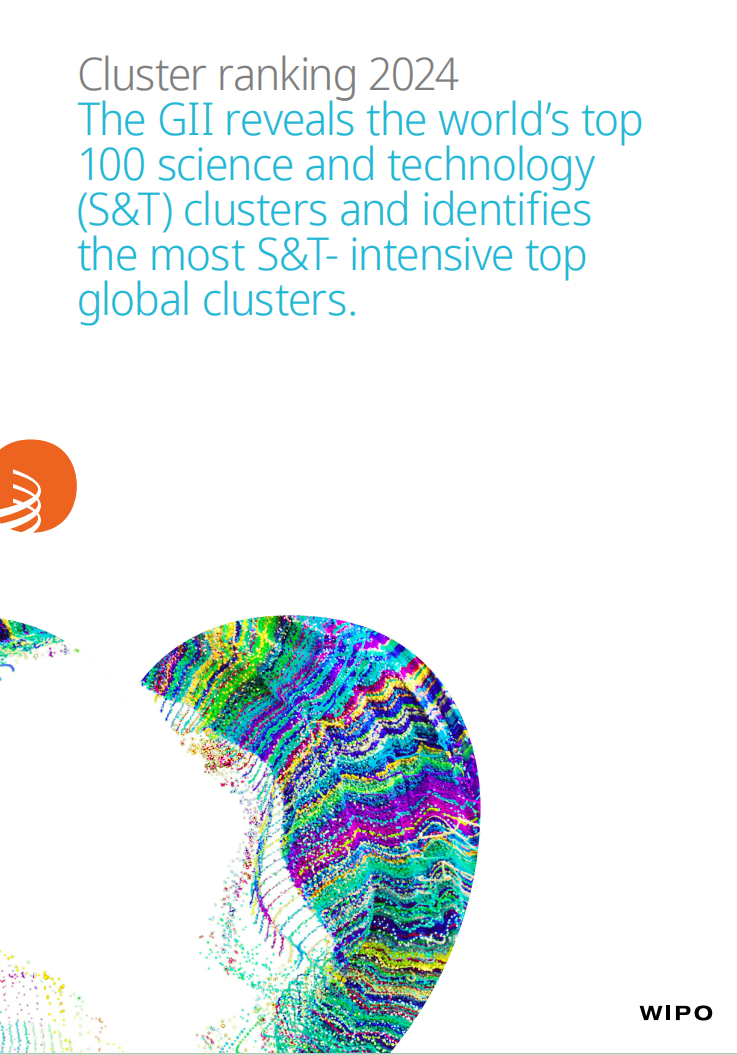
01
Tokyo-Yokohama Region
Top of the Ranking
In the Global Innovation Index (GII), STI clusters are defined as cities or groups of cities that are leaders in scientific and technological innovation.
The ranking is based on two main indicators: the location of inventors in patent applications published under the Patent Cooperation Treaty, and the location of authors in scientific publications.
The World Intellectual Property Organization (WIPO) compiles and analyzes these two indicators annually to identify the regions with the highest levels of scientific and technological activity and concentration worldwide.
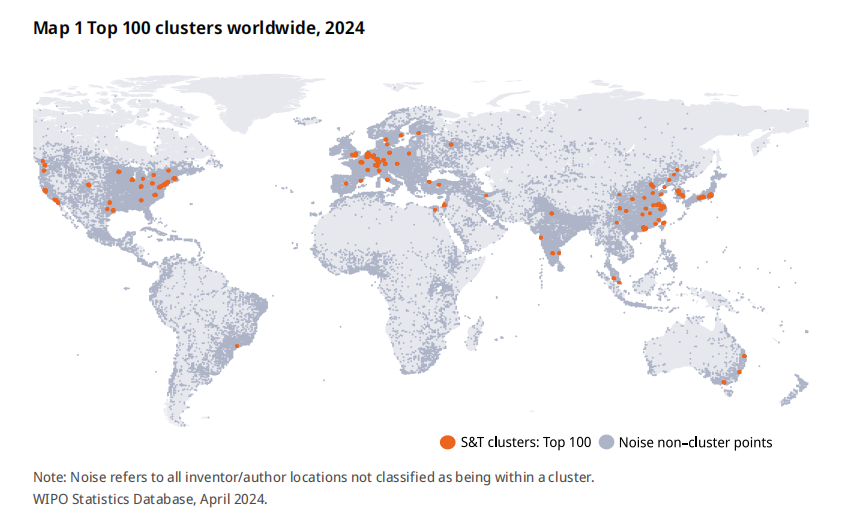
Top 15 Areas of Science and Technology Clusters, 2024 Edition
1. Tokyo - Yokohama (Keihin, Japan)
2. Shenzhen - Hong Kong - Guangzhou (China)
3. Beijing (China)
4. Seoul (Korea)
5. Shanghai - Suzhou (Suzhou, China)
6. San Jose - San Francisco (USA)
7. Osaka - Kobe - Kyoto (Keihanjin, Japan)
8. Boston - Cambridge (USA)
9. Nanjing (China)
10. San Diego (USA)
11. New York City (USA)
12. Paris (France)
13. Wuhan (China)
14. Hangzhou (China)
15. Nagoya (Japan)
As you can see, the Tokyo-Yokohama region once again tops the list in this year's report. The Osaka-Kobe-Kyoto urban agglomeration and Nagoya also performed well, coming in at No. 7 and No. 15, respectively.
02
Tokyo and Yokohama
How it got there
The Tokyo-Yokohama region has become one of the largest technology clusters in the world due to a combination of strengths:
1. Diversified Industrial Base
The Tokyo-Yokohama region has a diversified industrial base covering core areas such as shipping and commerce, petrochemicals, electrical machinery, etc. Port shipping helps international trade, petrochemicals lays the foundation for industry, and electrical machinery leads technological innovation, which together constitute the region's economic pillars and an important source of global competitiveness.
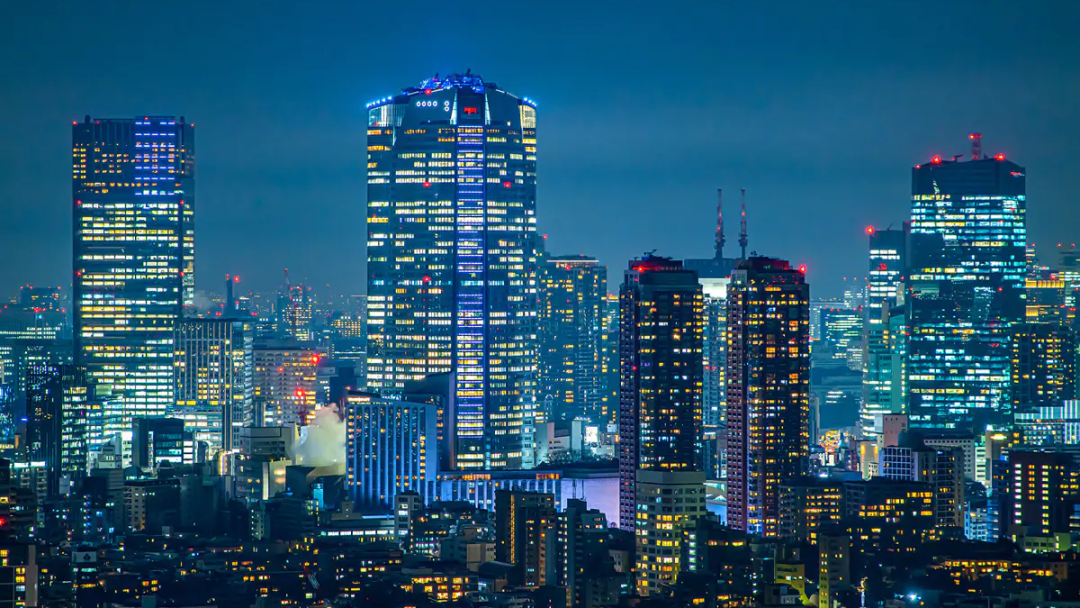
2. Top-notch higher education resources
The Tokyo-Yokohama region is rich in higher education resources, such as the University of Tokyo, Hitotsubashi University, Keio University, Meiji University, and other internationally recognized universities.
These colleges and universities have produced a large number of outstanding human resources for the region and have contributed to the continuous advancement of technological innovation and academic research.
3. Strong Corporate Cluster Effect
The Tokyo-Yokohama area is home to the headquarters of many of the world's top 500 companies, including Sony, Canon, Mitsubishi, Toyota, and Toshiba, which are among the world's leading companies in terms of technology accumulation and innovation in their respective fields.
The healthy competition and close cooperation among enterprises promote the exchange and sharing of technology, forming a favorable innovation ecosystem.
4. Abundant R&D Organizations
Numerous national, provincial and in-house R&D centers and laboratories have been set up here.
The centralized distribution of R&D institutions is conducive to resource sharing and collaborative innovation, accelerating the development and application of new technologies.
5. Internationalized communication environment
As an international metropolis, the Tokyo-Yokohama area attracts excellent talents and capital from all over the world.
The international exchange environment promotes the collision and fusion of ideas between different cultures and backgrounds, and injects new vitality and inspiration into scientific and technological innovation.
If you are interested in starting a new career in the Tokyo-Yokohama area or are considering settling here, please contact Nebula Sea International for our personalized services.












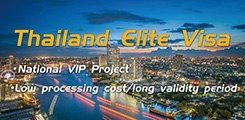
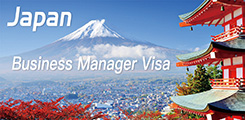
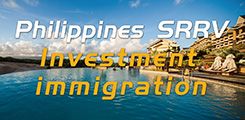

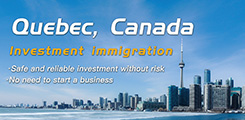
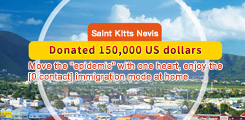


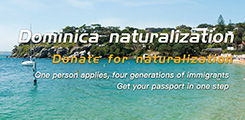
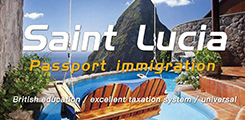



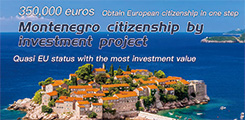

 Cyprus
Cyprus Turkey
Turkey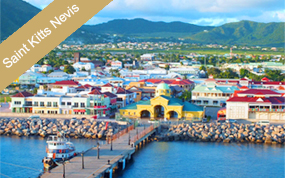 Saint Kitts and Nevis
Saint Kitts and Nevis Greece
Greece
